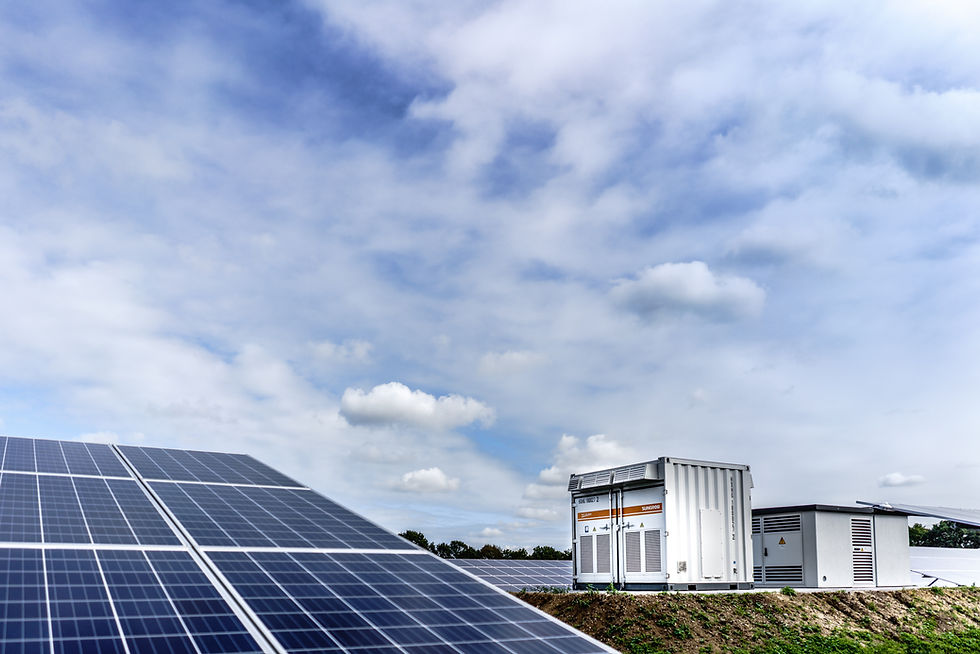The Fall of a Major US Energy Storage System Integrator and What It Signals for the Global BESS Industry
- Astra Diligence
- Jul 3
- 2 min read
The recent bankruptcy filing of Powin, the third-largest energy storage system integrator in the U.S., has drawn significant attention - particularly among Chinese stakeholders in the renewable energy space.
It's interesting to note that Powin's bankruptcy came 9 months after the firm secured a USD 200 million debt capital from KKR which was intended to help Powin drive growth and innovation.
Powin’s model - essentially a blend of “Made-in-China” manufacturing with U.S. branding - has enabled many Chinese battery suppliers to establish a foothold in the U.S. renewable energy market through strategic partnerships. Its collapse this month has triggered a wave of reflection and analysis within the Chinese energy storage sector.
Several key takeaways have emerged from commentary in Chinese media:
1) 𝐃𝐢𝐫𝐞𝐜𝐭 𝐆𝐥𝐨𝐛𝐚𝐥 𝐄𝐱𝐩𝐚𝐧𝐬𝐢𝐨𝐧: Chinese firms are increasingly encouraged to build their own global brands rather than relying on third-party integrators like Powin as intermediaries.
2) 𝐂𝐚𝐮𝐭𝐢𝐨𝐧 𝐀𝐠𝐚𝐢𝐧𝐬𝐭 𝐔𝐧𝐬𝐮𝐬𝐭𝐚𝐢𝐧𝐚𝐛𝐥𝐞 𝐌𝐨𝐝𝐞𝐥𝐬: There is growing skepticism toward business models characterised by "high valuations, heavy leverage, and thin margins" - particularly those overly dependent on external capital. This is said to be one of the key reasons for Powin's collapse.
3) 𝐒𝐭𝐫𝐚𝐭𝐞𝐠𝐢𝐜 𝐂𝐨𝐧𝐭𝐫𝐨𝐥 𝐨𝐟 𝐂𝐨𝐫𝐞 𝐓𝐞𝐜𝐡𝐧𝐨𝐥𝐨𝐠𝐢𝐞𝐬: Firms that own and control core technologies - such as battery cells, battery management systems (BMS), and power conversion systems (PCS) - are likely to be more resilient and better positioned for long-term success. Integrators to the likes of Powin may face growing headwinds in the future.
4) 𝐕𝐞𝐫𝐭𝐢𝐜𝐚𝐥 𝐈𝐧𝐭𝐞𝐠𝐫𝐚𝐭𝐢𝐨𝐧 𝐌𝐚𝐭𝐭𝐞𝐫𝐬: The importance of developing robust EPC (engineering, procurement, and construction) and also post-construction O&M (operations and maintenance) capabilities is being increasingly recognised as a key competitive differentiator in the current and future BESS market.



